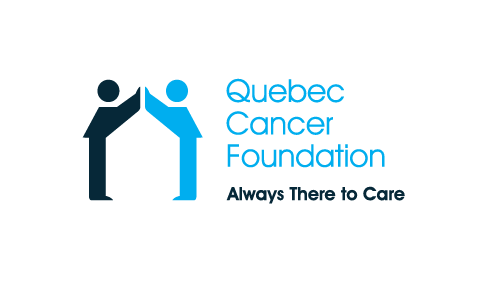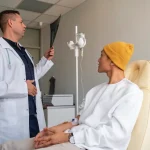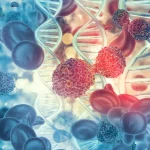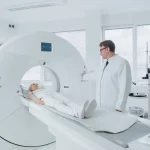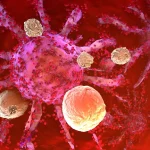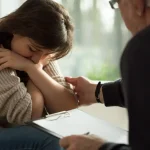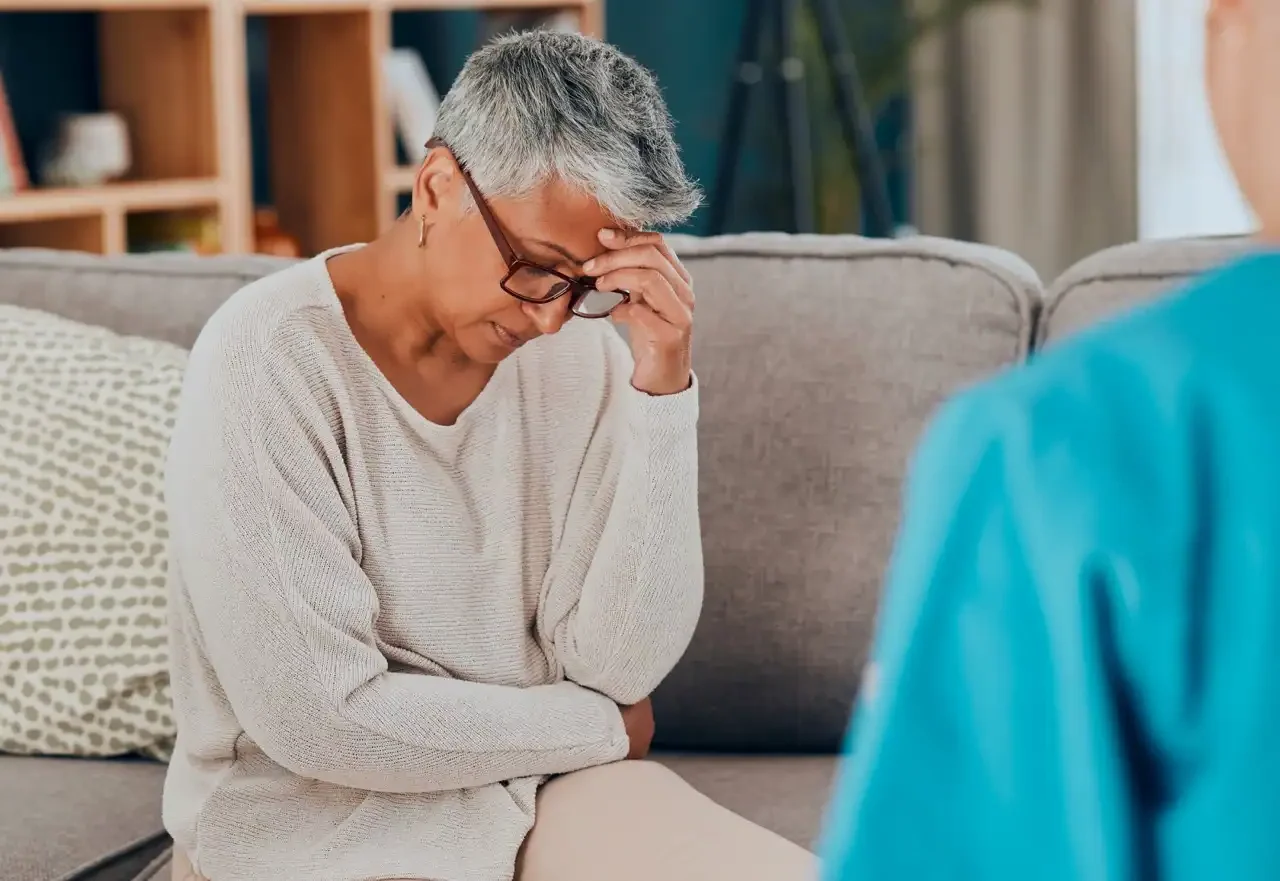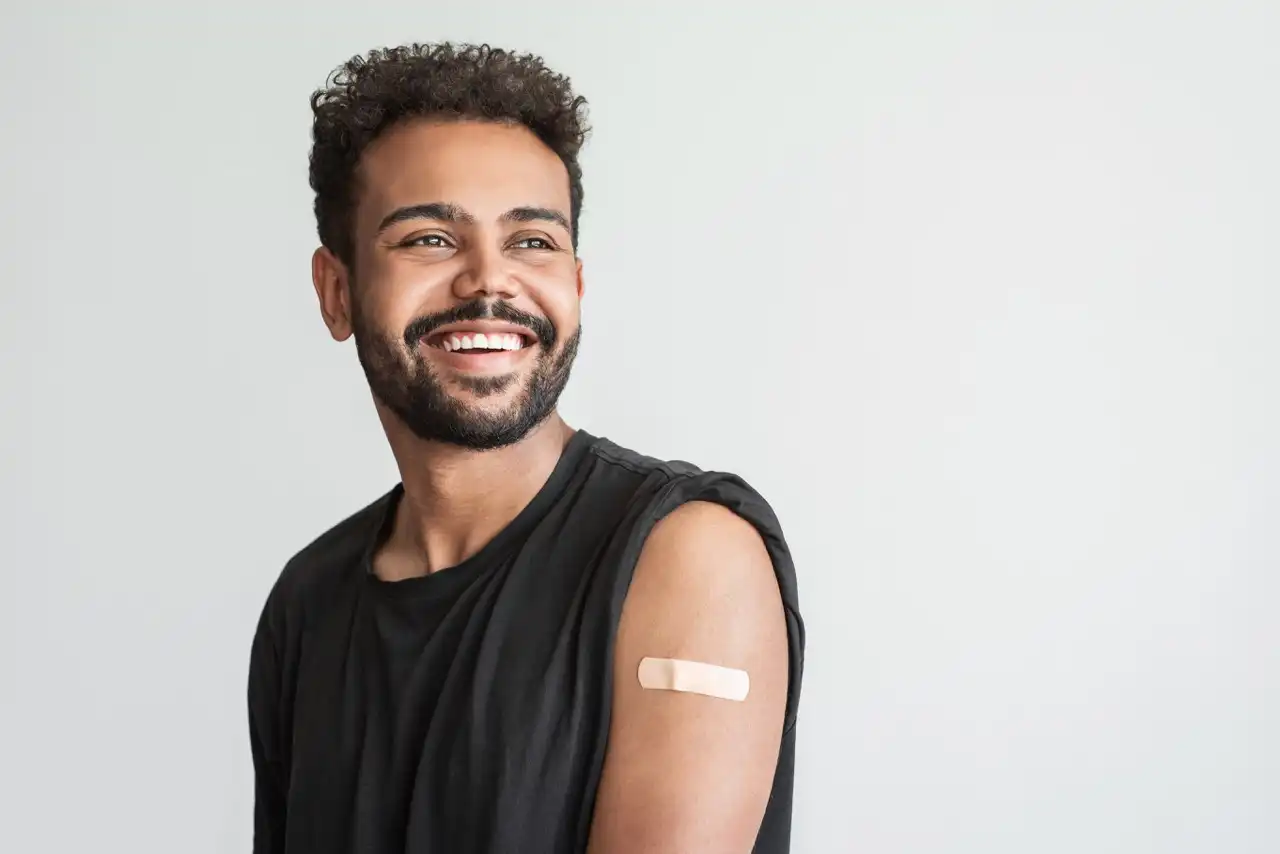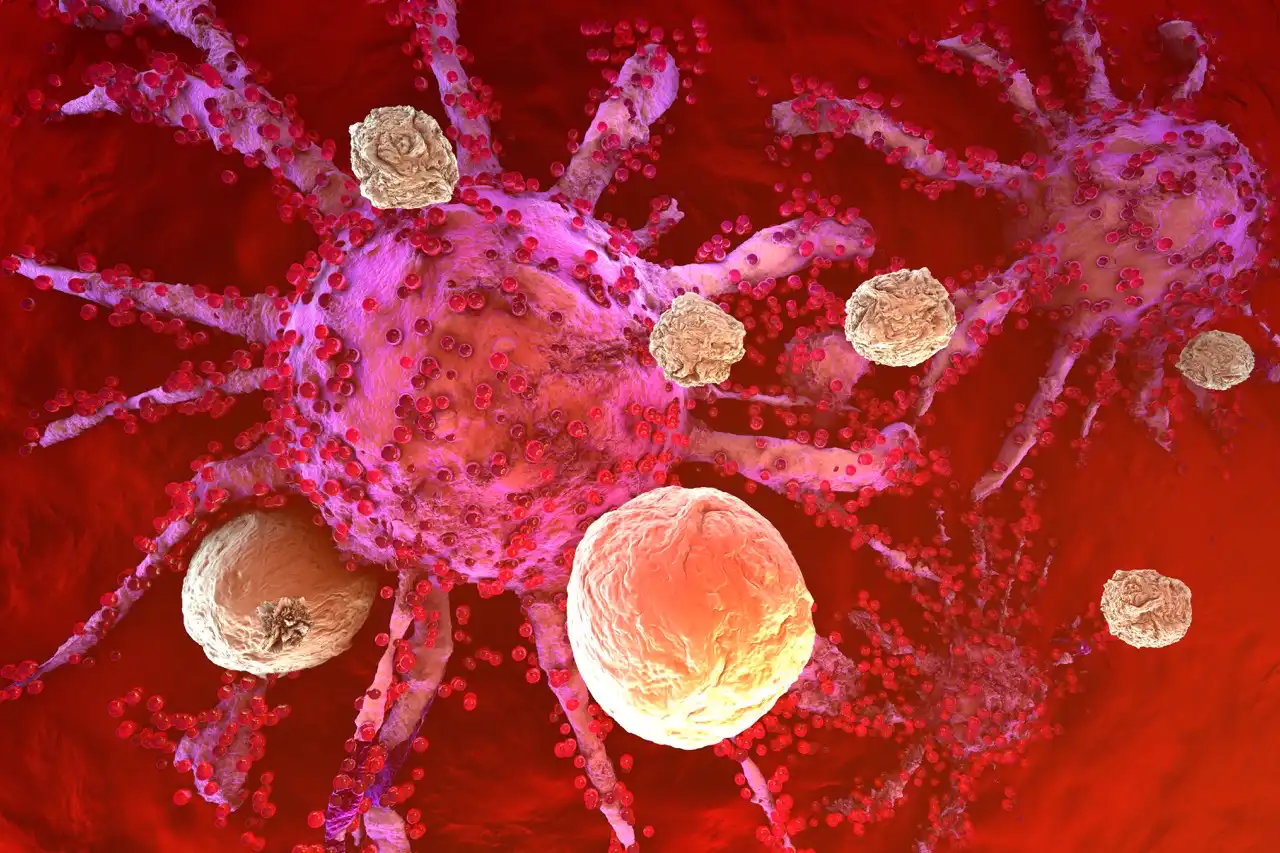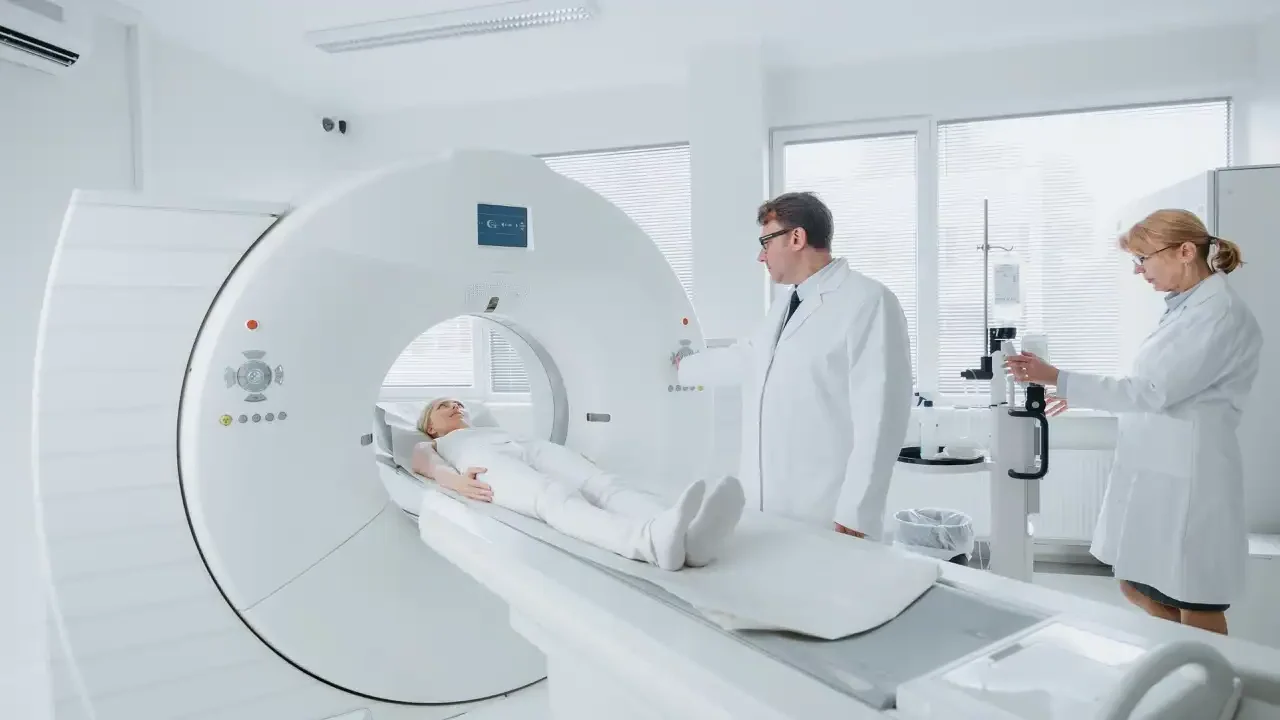For any questions:
What is chemotherapy ?
It uses drugs designed to prevent cancer cells from multiplying and destroying those already present in the body. Accordingly, it seeks to inhibit the growth of disease and bring about a regression in the cancerous tumor that can result in partial remission lasting several months to several years. Over a third of people with cancer can now benefit from complete remission and a possible cure of their illness.
Chemotherapy treatment can be administered alone or in combination with surgery and radiation, and can meet different objectives:
- Improving the chances of survival achieved by surgery or radiotherapy alone
- Halting the progress of the disease and mitigating its effects while not eliminating it completely
- Curing certain cancers such as choriocarcinoma and testicular tumors, even in the presence of metastases.
How does it work ?
Chemotherapeutic drugs are called antineoplastic agents.
According to their anti-cancer properties, they are divided into several classes, the most important being:
- alkylating agents, which cause a biochemical lesion in the DNA of the nucleus and thereby alter the cancer cell
- antibiotics, which also inhibit cell proliferation
- antimetabolites, which deceive the cell by mimicking substances essential to cell division and survival
- antimitotics, which prevent the mother cell from dividing into two daughter cells
In some cases, a combination of two, three or even four drugs administered simultaneously or at predetermined intervals is more effective in preventing the growth of cancer cells than a single medication. This treatment protocol is determined by various factors, including the type of cancer and its biological evolution, the stage of the disease, and the patient’s general state of health. These factors differ from one person to another and may change during treatment. The specialist will choose the appropriate medications in order to minimize side effects and maximize their effectiveness.
Side effects of chemotherapy
Drugs do not attack only cancer cells; they can affect any healthy cell that reproduces rapidly, such as those of the bone marrow, gastrointestinal tract, hair follicles and reproductive organs. This is why side effects can appear. Healthy cells, however, have a remarkable ability to recover their normal function, and the toxic effects of drugs are generally short-lived. They usually disappear at the end of treatment.
Some possible side effects:
- Anemia and Fatigue
- Appetite disorders
- Taste alteration
- Nausea and vomiting
- Hair loss
- Other side effects
Modes of administration of chemotherapy drugs
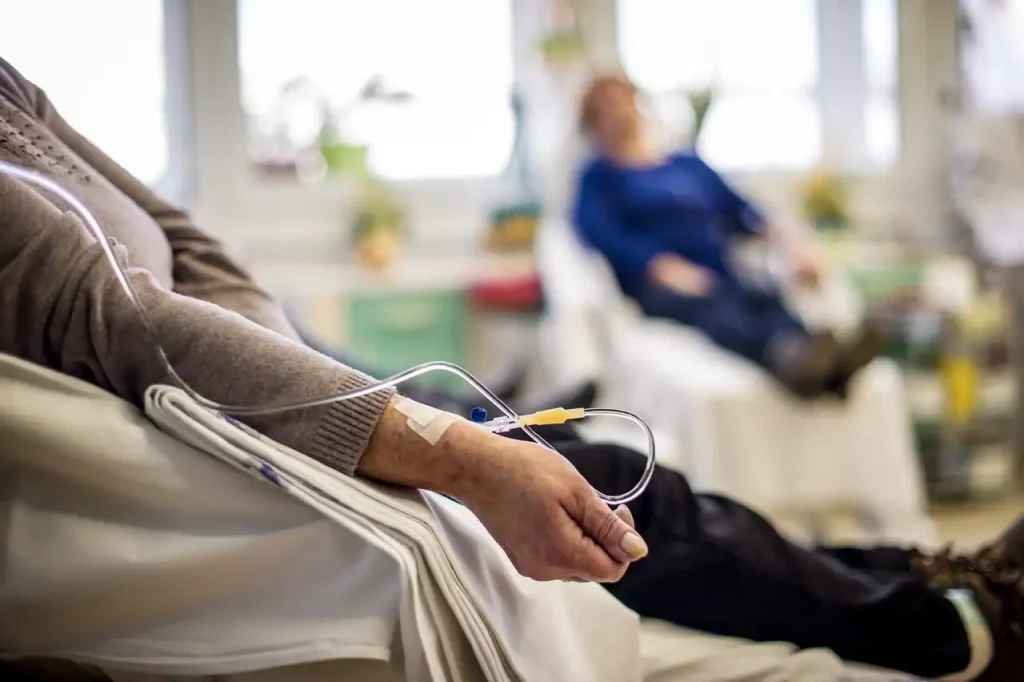
Some drugs, in the form of tablets or capsules, may be taken at home. Others are injected into a vein, artery or muscle and must be administered at the doctor’s office, a hospital or an outpatient clinic by a specialized medical team.
However the medication is administered, it passes through the bloodstream to reach the cancer cells. Sometimes the first chemotherapy sessions take place in the hospital and the rest in an outpatients clinic.
When the medication is taken at home, it is important to adhere to the treatment protocol established by the medical team. This protocol allows the various antineoplastic agents to interact, and breaking this balance could nullify the anticipated therapeutic results.
It is therefore essential to understand the protocol and to write down the names of the drugs and their properties, as well as the frequency and administration schedule. It is also advisable to use a checklist, such as a diary or calendar in which each separate medication is identified by a different color, for example, and is checked off whenever it is taken.
Failure to respect the therapeutic protocol should be reported to the medical team as soon as possible.
Duration and modification of chemotherapy
Since each cancer is a special case, the duration of chemotherapy can not be accurately determined before treatment begins. Some therapies will last a few months, others will continue for several years. Even after cessation of chemotherapy, the patient should undergo periodic examinations in order to detect any recurrence of cancer.
In regular tests, the medical team will assess the effectiveness of the treatment. They will check the functions of the patient’s liver and kidneys and conduct blood tests to measure the reduction in the tumor mass through the use of X-rays and CT scans. The medical team will also advise patients with regard to any changes in their eating habits and lifestyle. Depending on the results of these tests, the therapeutic program will be continued, modified or terminated. A change in treatment does not necessarily mean that it is ineffective. In fact, it might be a measure designed to prevent the cancer cells developing resistance to a particular antineoplastic agent.
To find out more
To obtain more detailed information on chemotherapy and some tips on how to feel better, call the Info-cancer Hotline at 1-800-363-0063 to talk to a nurse or documentalist or read our brochure (french only).
Borrow one or more books on the subject free of charge from our Info-cancer Library (in French only).
